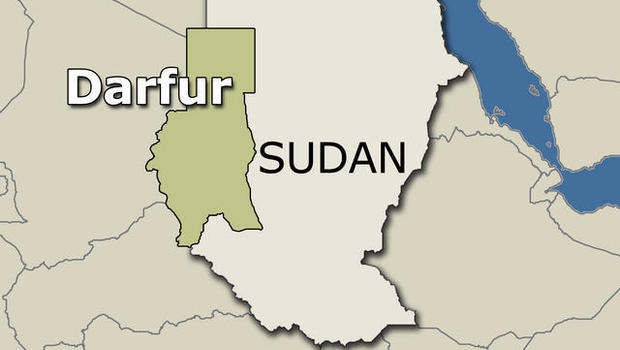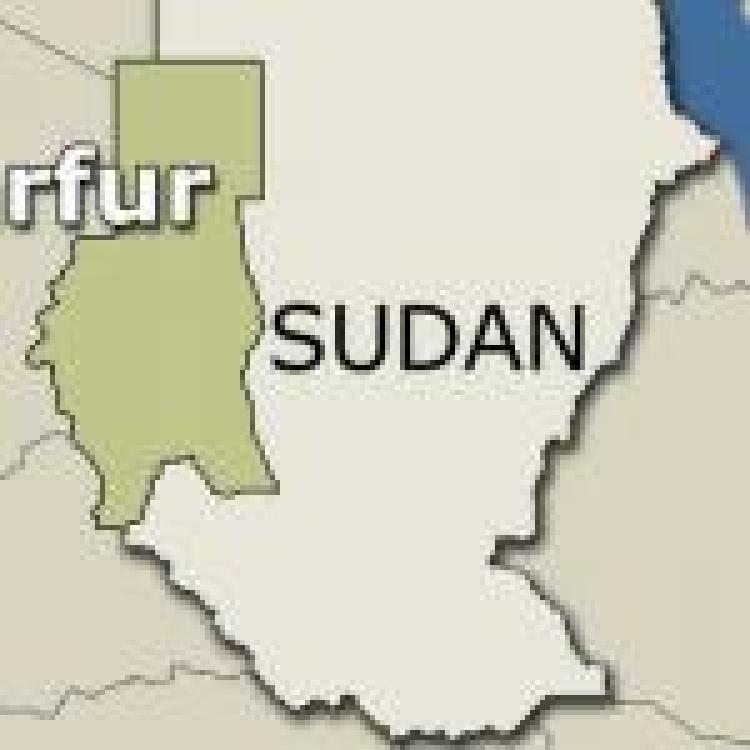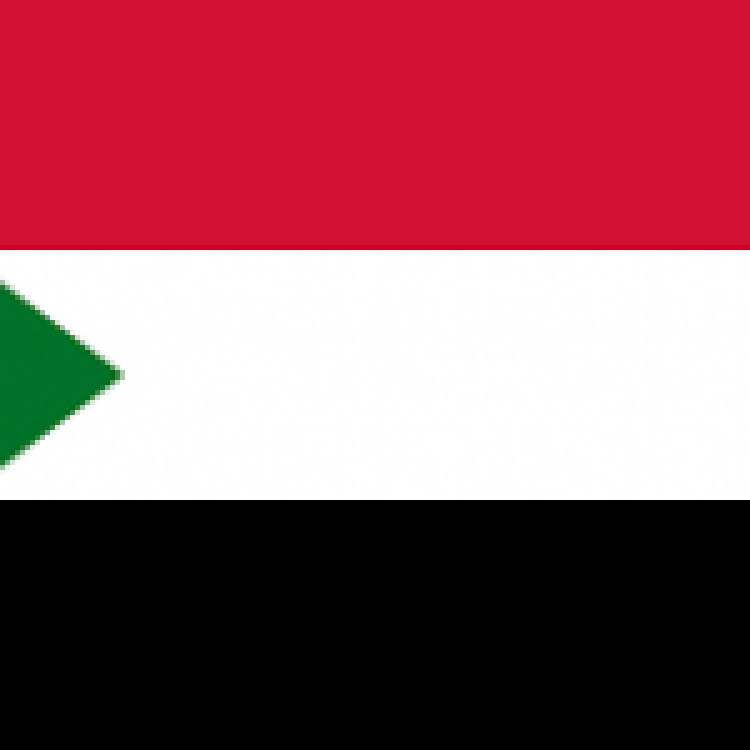
The escalation in fatalities and severe human rights violations against innocent civilians in Darfur, including refugees and internally displaced people, is worsening six months into the deadly conflict in Sudan.
According to UNHCR’s newly released protection brief, nearly 4,000 civilians have been killed and 8,400 injured in Darfur, between 15 April and the end of August, with the majority believed to have been targeted mainly due to their ethnicity, particularly in West Darfur. Tragically, displaced children, including refugees, have been caught in the crossfire, killed or maimed as their schools were impacted by shelling. Those who have reached safe locations are battling acute psychological distress.
Civilian property has not been spared. At least 29 cities, towns and villages have been destroyed across Darfur after extensive looting and burning. Indiscriminate shooting and heavy shelling in camps and gathering sites sheltering displaced people have resulted in hundreds of casualties.
One hundred and thirty-nine civilian structures, including community water points, schools, markets and hospitals, have been destroyed, damaged, looted or occupied. Medical staff attempting to operate ad hoc clinics in private residences have been deliberately targeted.
Schools in Darfur have been closed, cutting off access to education and safe spaces for millions of children and exposing them to serious risks of sexual violence, distress, trauma and family separation. The number of unaccompanied and separated children is increasing. As the conflict has destroyed livelihoods, refugee children remain at heightened risk of abduction into forced labour, recruitment into armed groups, and of being trafficked.
The UK Minister for Africa, Andrew Mitchell, told the BBC this bore "all the hallmarks of ethnic cleansing". It is the first time the British government has used the term to describe what is happening in Sudan.
Gen Abdel Fattah al-Burhan, who leads one side in the conflict - the Sudanese Armed Forces (SAF) - told the BBC he would co-operate with the International Criminal Court (ICC) to bring those guilty to justice.
Much of the ethnic violence is blamed on militias which are part of - or affiliated to - the Rapid Support Forces (RSF), the paramilitary group fighting the SAF for control of the country.
The RSF has repeatedly denied any involvement in the violence in the region and has called for an independent international investigation.
The analysis has been carried out by the Centre for Information Resilience (CIR), a research body partly funded by the British government, which is gathering open-source evidence about the fighting in Sudan.
The latest verified fires were in a village called Amarjadeed, in southern Darfur, where Nasa and satellite imagery showed burn scars between 18 September and 9 October.
"The scale of what we've been able to document is bigger than what we've ever seen before," says Ben Strick, CIR's director of investigations.
"We've documented 89 fires, which damaged 68 villages since 15 April, which is a huge amount. In some of these, it is small buildings that have been targeted. But in some of them, whole villages that have been wiped out. That scale is enormous when we think upon the impact on civilians.
"What we're seeing is a pattern of abuses, a pattern of villages being burnt, one after the other, specifically in Darfur, which is where we're seeing some of the heaviest violence outside of Khartoum."
Twenty years ago, hundreds of thousands of people were killed in Darfur amid fighting between non-Arab rebel groups and a militia known as the Janjaweed, which later grew into the RSF. Some Janjaweed leaders and even the president at the time, Omar al-Bashir, have been indicted by the ICC on charges of genocide and crimes against humanity, which they have denied.
Read more at the BBC


